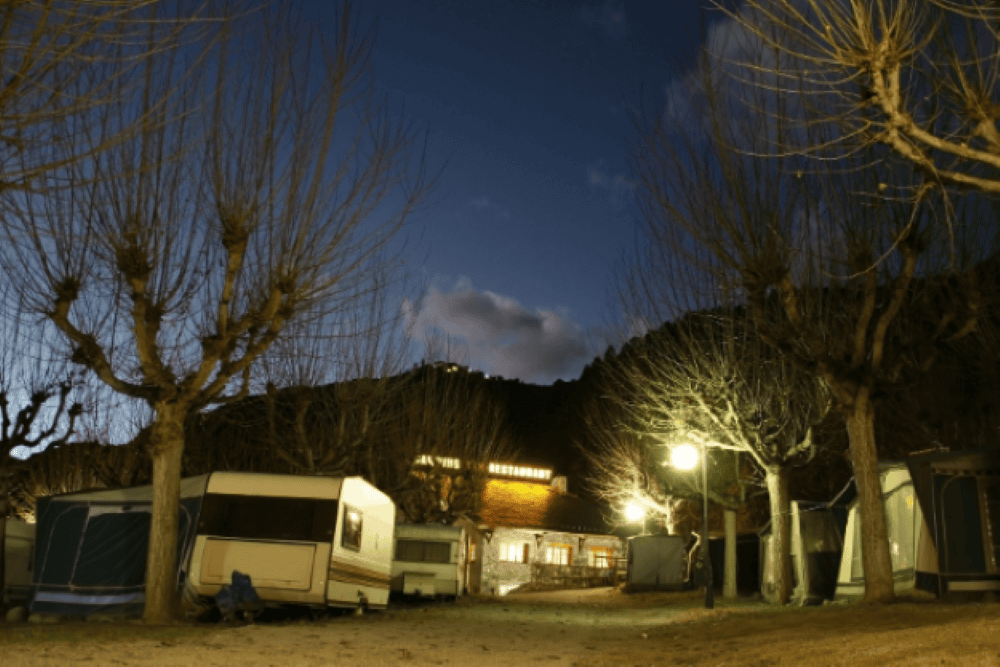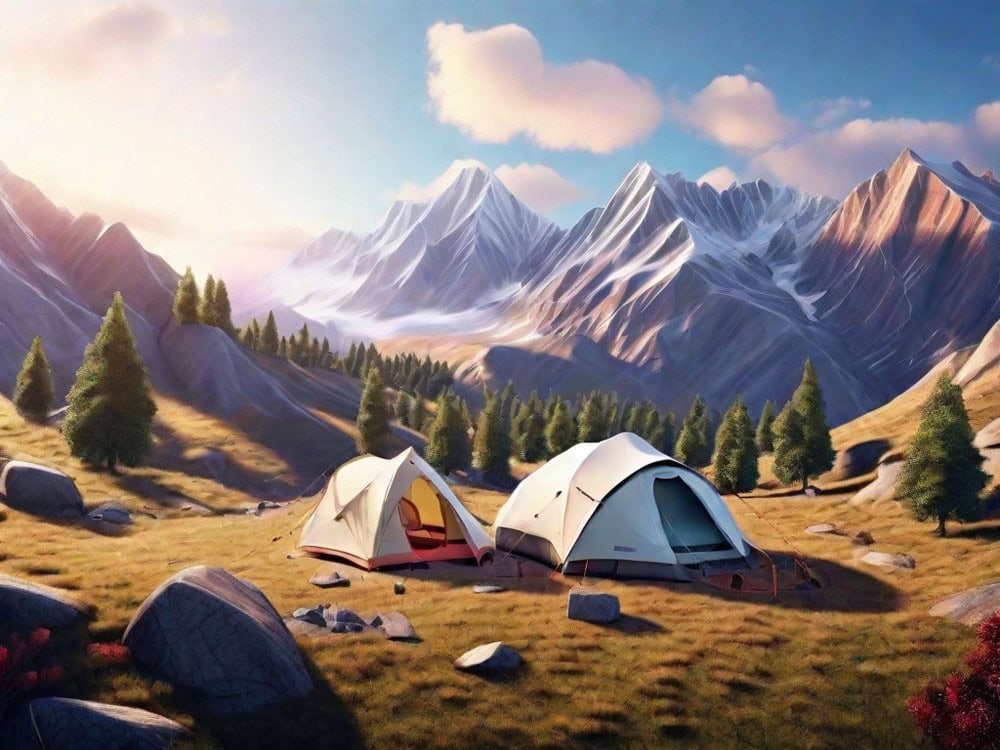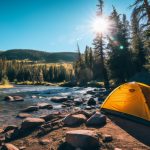
Camping is a fantastic way to reconnect with nature and escape the hustle and bustle of daily life. However, it’s crucial to prioritize safety to ensure a worry-free adventure. Whether you’re a seasoned camper or a newbie, these nine essential camping safety tips will help you stay safe and make the most of your outdoor experience.
Plan Ahead
Before heading out, research your destination thoroughly. Know the weather conditions, terrain, and any potential hazards. Make a checklist of essential items and ensure you have a well-stocked first aid kit.
Choose a Safe Campsite
Select a campsite that is free from potential dangers like dead trees, falling rocks, or flooding areas. Look for flat ground to set up your tent, away from animal trails and bodies of water.

Stay Hydrated
Carry enough water for your trip and know where to find additional water sources. Use a reliable water filtration system if you plan to collect water from natural sources. Dehydration can be a serious issue, especially in hot weather.
Fire Safety
Always follow fire safety guidelines. Use designated fire rings, keep fires small, and never leave them unattended. Ensure you fully extinguish the fire before leaving the campsite or going to sleep. Keep a bucket of water or sand nearby to douse the flames if necessary.
Wildlife Awareness
Understand the wildlife in the area and know how to store food properly to avoid attracting animals. Use bear-proof containers if necessary and never leave food scraps or garbage around the campsite. Respect wildlife and maintain a safe distance.
Navigation Tools
Bring a map, compass, or GPS device to help navigate unfamiliar terrain. Even if you’re using a GPS, having a physical map as a backup is essential. Familiarize yourself with the area’s layout before setting out on hikes or other activities.
Weather Preparedness
Pack appropriate clothing and gear for the expected weather conditions. Layering is key to staying comfortable in changing weather. Always have a plan for seeking shelter in case of severe weather.
Emergency Communication
Carry a charged cell phone and a portable charger. If you’re camping in an area with no cell service, consider bringing a satellite phone or a two-way radio. Know the emergency numbers and the location of the nearest hospital or ranger station.
Leave No Trace
Practice Leave No Trace principles to protect the environment. Dispose of waste properly, minimize campfire impact, respect wildlife, and be considerate of other campers. Leaving nature as you found it ensures it remains beautiful for future visitors.
Camping can be an incredibly rewarding experience when safety is prioritized. By following these essential tips, you can enjoy a safe and memorable adventure in the great outdoors. Always remember that preparation and awareness are your best tools for ensuring a worry-free camping trip.






